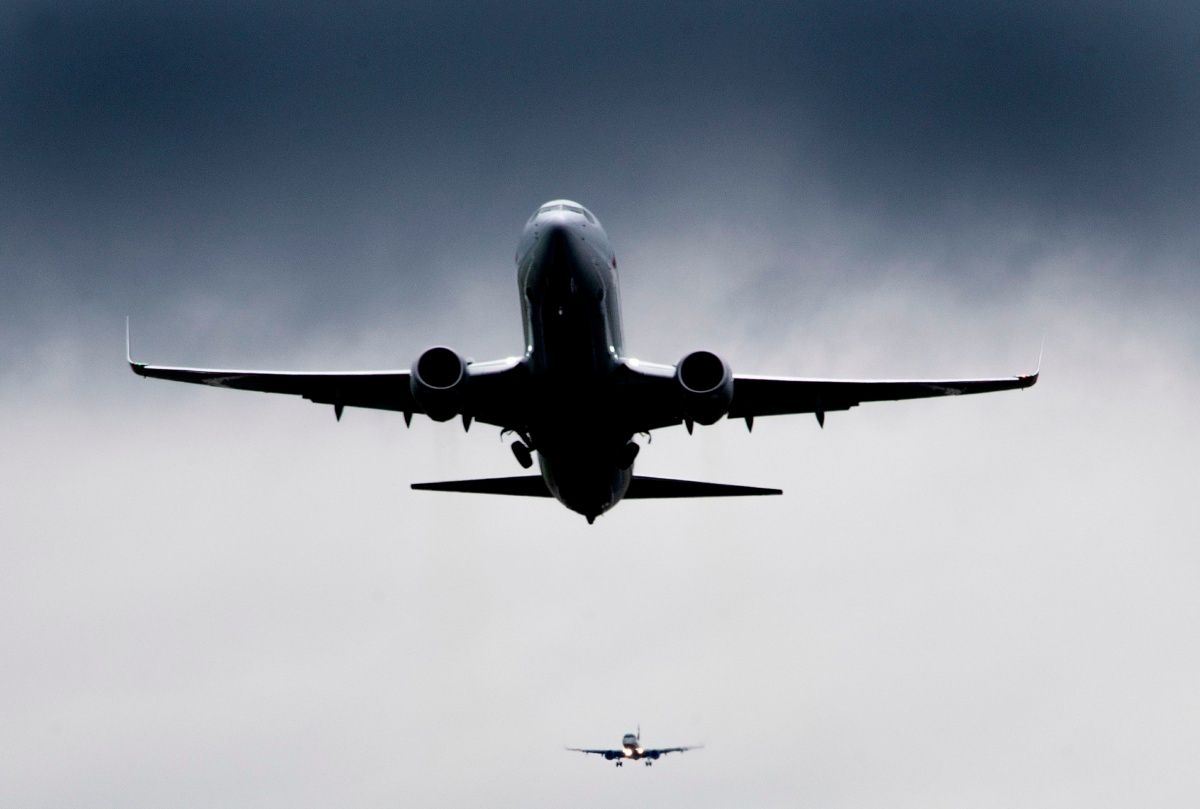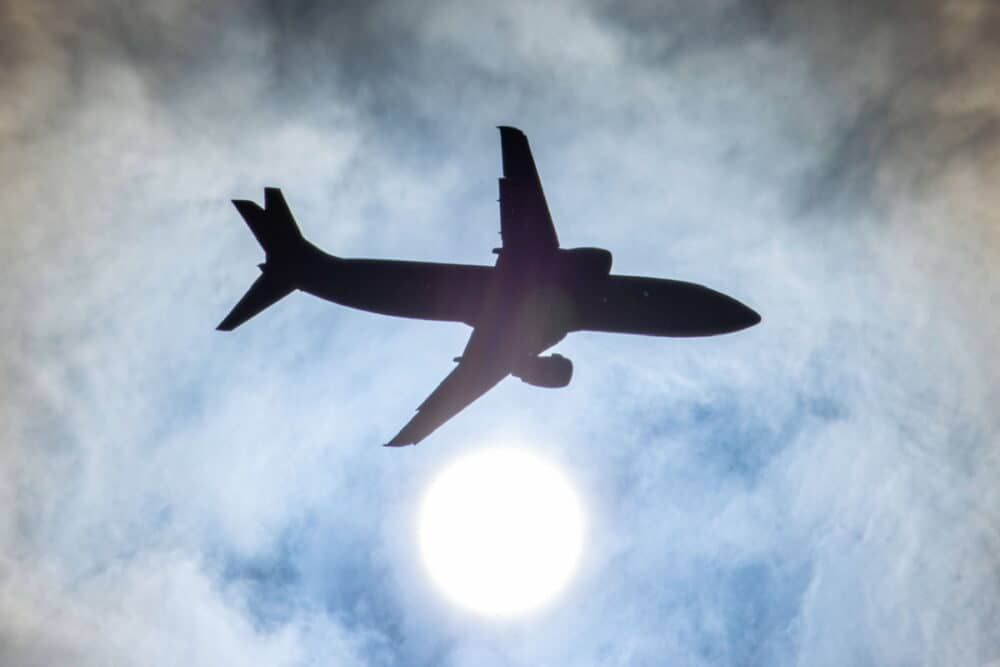Over the last year, there have been several restrictions introduced to help curb the impact of the pandemic. However, these efforts have been inconsistent across the globe and often against the advice of aviation bodies and health groups. Nonetheless, the industry is going through another dark period with several strict measures in place. International Air Transport Association (IATA) CEO Alexandre de Juniac believes that government partnerships are now more essential than ever.
Ongoing challenges
In a media briefing yesterday, Juniac called for collaborations to help prepare for a future turning point in the crisis. The pandemic won't be going anywhere so soon. Therefore, there needs to be a balance to handle the overall situation.
Many members of the public across the globe have been unable to travel even for essential reasons, such as when a loved one is dying. So, measures such as blanket travel bans can't go on forever.
Stay informed: Sign up for our daily aviation news digest.
Collaboration is key
Juniac highlights that the ability to manage the risk is improving as more people get vaccinated. Additionally, testing capacity is continuing to expand. However, actual recovery for the industry will only happen if there are proper long-term strategies in place.
"Eventually, we will be at a point where these and other measures give governments the reassurance that the risk of re-starting our lives—including travel—is tolerable, recognizing also the significant social and economic benefits that are at stake. We are eager to work with governments as partners to understand what the benchmarks and conditions will be for a decision to give people back their freedom of movement," Juniac said.
"Why are we so eager for a plan? So that we don’t lose a minute in re-connecting the world when it is safe to do so. A functioning aviation industry will add vital momentum to the economic recovery. Indeed, without aviation, a recovery is likely not possible. We have all seen far too many stories of the terrible job losses and human suffering across the travel and tourism sector. So-called “staycations” and local tourism are not the answer. Only aviation will be able to energize a recovery."
Plan in motion
The chief executive provided examples of current partnerships that may prove to be vital. For instance, IATA is working with the local airline association in the United Kingdom to provide a recommended framework. Following the country's recent introduction of stringent policies, this move could help the market transition throughout the year.
Meanwhile, in the United States, IATA represents international airlines in the Biden Administration’s regular interagency consultations on coronavirus measures. There have also been efforts across Latina America. Just yesterday, it was announced that Panama's government and Copa Airlines are partnering in trialing the IATA Travel Pass from March.
Altogether, it's crucial that policies that impact the lives of millions are only introduced after genuine consultation with stakeholders. Governments, medical groups, and aviation bodies need to be working more closely together this year so that there is a clear and safe road to recovery.
What are your thoughts about IATA calling on for more partnerships during this tough climate? Do you think this would be a good move for the industry? Let us know what you think of the situation in the comment section.



